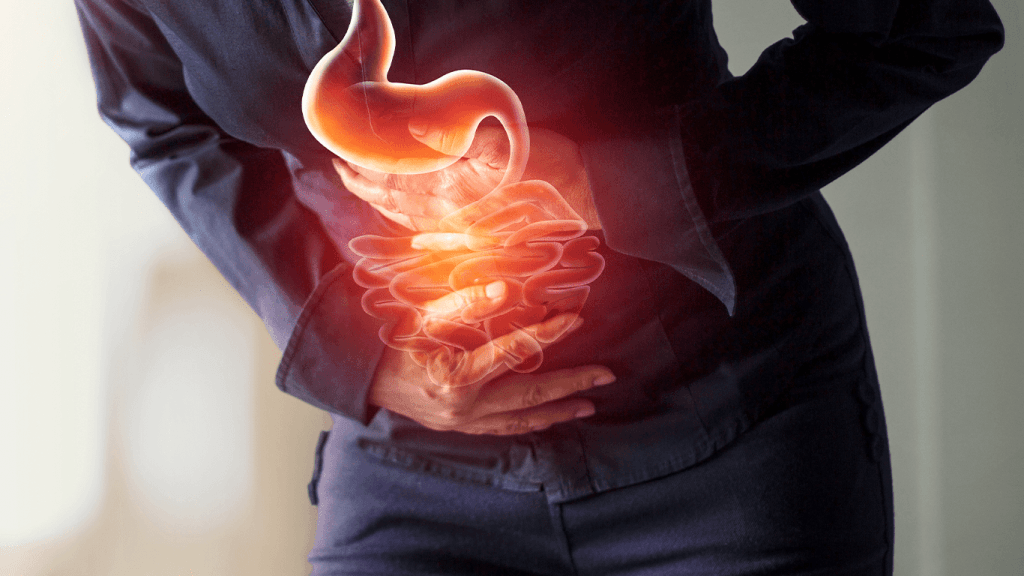Abdominal Pain - 8 Causes & What to Do
Learn about 8 common causes of abdominal pain, how to identify them, and what actions to take for relief.

Abdominal pain is a common symptom that can have multiple causes, ranging from mild digestive issues to serious medical conditions. Identifying the source of your discomfort is essential for finding the right treatment. Below, we explore eight common causes of abdominal pain and what you can do to relieve it.
1. Indigestion
Indigestion occurs when your stomach struggles to break down food, leading to bloating, discomfort, and nausea. Common triggers include fatty foods, excessive eating, and stress.
What to do:
- Eat smaller meals and chew food slowly.
- Avoid spicy and greasy foods.
- Drink warm water or herbal teas.
2. Gas and Bloating
Excess gas in the digestive tract can cause sharp cramps and discomfort. This is often caused by swallowing air while eating or consuming gas-producing foods like beans and carbonated drinks.
What to do:
- Avoid carbonated beverages and chew food properly.
- Try light exercises like walking after meals.
- Use over-the-counter anti-gas medications if needed.
3. Acid Reflux
Acid reflux happens when stomach acid flows back into the esophagus, causing a burning sensation in the chest and abdomen.
What to do:
- Avoid caffeine, alcohol, and spicy foods.
- Eat at least two hours before bedtime.
- Elevate your head while sleeping.
4. Food Poisoning
Food poisoning occurs when you consume contaminated food, leading to vomiting, diarrhea, and stomach pain.
What to do:
- Stay hydrated with electrolyte-rich drinks.
- Rest and allow your body to flush out toxins.
- Seek medical help if symptoms persist for more than 48 hours.
5. Gastritis
Gastritis is an inflammation of the stomach lining, often caused by excessive alcohol consumption, stress, or bacterial infections.
What to do:
- Avoid NSAIDs (like ibuprofen) and alcohol.
- Consume foods that are easy on the stomach, like bananas and rice.
- If symptoms persist, see a doctor for antacid medication.
6. Gallstones
Gallstones are solid deposits that form in the gallbladder and can block bile flow, causing intense pain in the upper right abdomen.
What to do:
- Follow a low-fat diet to prevent flare-ups.
- If pain is severe and recurrent, seek medical advice.
- In some cases, surgery may be necessary.
7. Appendicitis
Appendicitis is a serious condition where the appendix becomes inflamed, leading to sharp pain in the lower right abdomen, fever, and nausea.
What to do:
- Seek emergency medical attention immediately.
- Avoid taking painkillers before seeing a doctor, as they may mask symptoms.
- Surgery is usually required to remove the appendix.
8. Irritable Bowel Syndrome (IBS)
IBS is a chronic disorder that causes cramping, bloating, diarrhea, or constipation.
What to do:
- Reduce stress and anxiety, as they can trigger symptoms.
- Avoid trigger foods like dairy and processed foods.
- Try consuming probiotics for better gut health.
When to Seek Medical Help
While mild abdominal pain often resolves on its own, you should see a doctor if you experience:
- Severe, persistent pain.
- Blood in vomit or stool.
- High fever and chills.
- Difficulty breathing or chest pain.
Understanding the cause of your abdominal pain can help you take the right steps for relief. If symptoms persist or worsen, consult a healthcare professional for proper diagnosis and treatment.